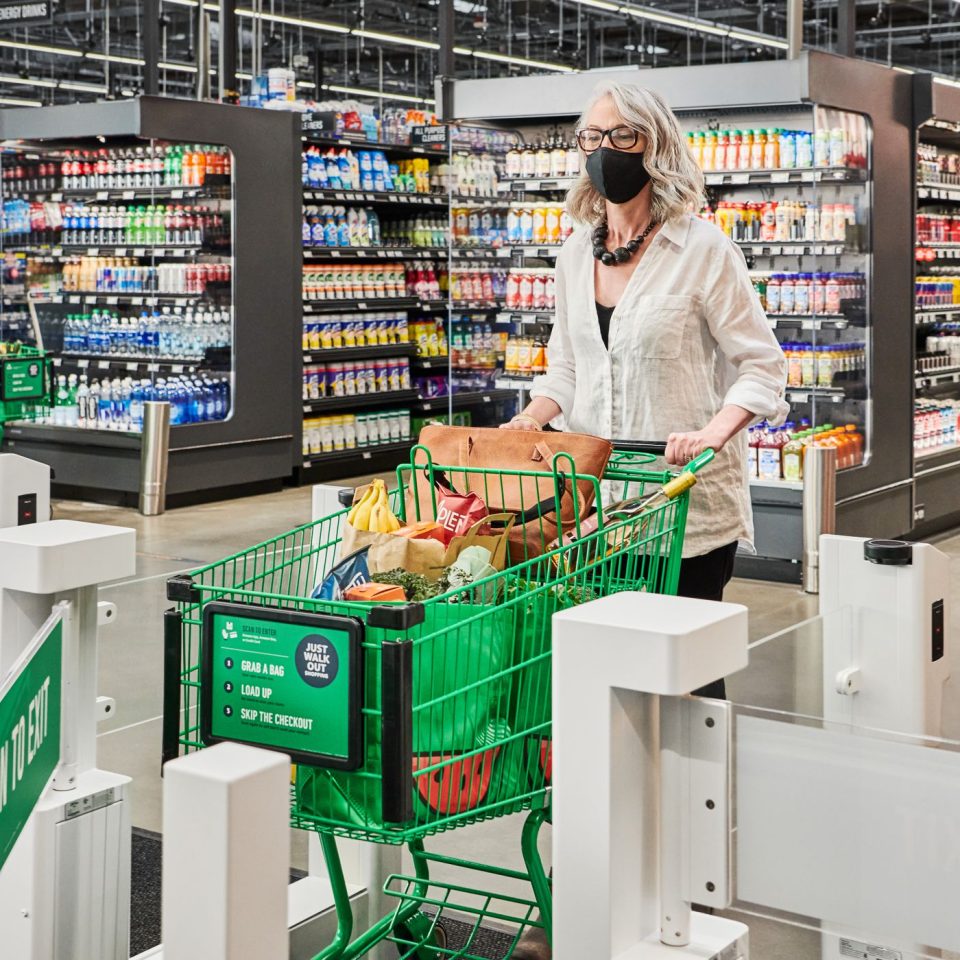Amazon’s retail operations are conducted primarily through its e-commerce platform, which offers a wide variety of products, including books, electronics, clothing, and household goods. The company also operates physical retail stores, such as its Amazon Go convenience stores and Whole Foods Market supermarkets.
In recent years, Amazon has expanded its retail operations to include new services, such as its Prime membership program, which offers free shipping and other benefits to subscribers. Amazon has also invested heavily in logistics and transportation infrastructure, such as its fleet of delivery trucks and its network of fulfillment centers.
While Amazon has faced criticism from some quarters for its impact on traditional brick-and-mortar retailers, the company’s growth shows no signs of slowing down. With its vast resources and innovative approach to retail, Amazon is likely to continue to be a major player in the industry for the foreseeable future.
As of 2023, Amazon does not have a significant presence in the supermarket industry. While the company has been expanding its grocery delivery and pickup services through Amazon Fresh and Whole Foods Market, it has not opened any standalone Amazon supermarkets.
In 2017, Amazon acquired Whole Foods Market, which operates over 500 stores across the United States, Canada, and the United Kingdom. Since then, Amazon has been integrating its technology and services into Whole Foods, such as offering discounts to Amazon Prime members and allowing customers to order groceries online for pickup or delivery.
In addition to Whole Foods, Amazon also operates a number of convenience stores under the Amazon Go banner. These stores use computer vision and machine learning to allow customers to shop without checkout lines or cashiers. However, these stores are primarily focused on grab-and-go items and do not offer the same range of products as a traditional supermarket.
It remains to be seen whether Amazon will enter the traditional supermarket industry and compete directly with established players such as Walmart, Kroger, and Albertsons. However, given the company’s track record of disrupting industries and its focus on expanding its grocery offerings, it would not be surprising to see Amazon make a bigger push into the supermarket industry in the future.



